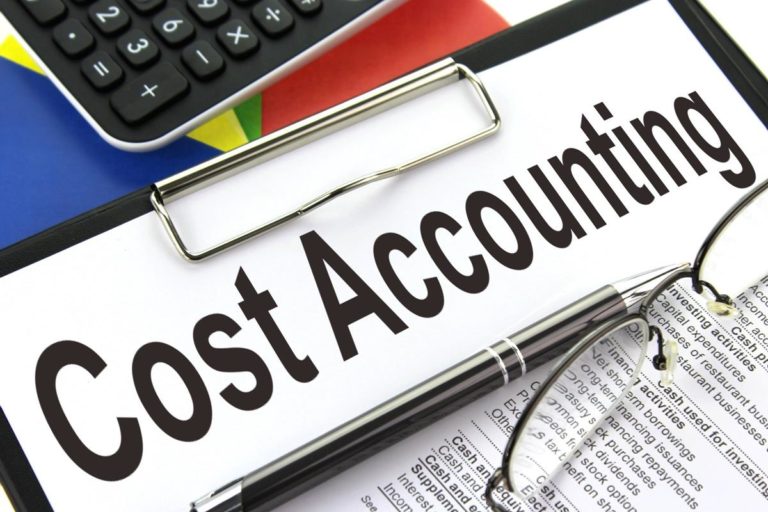
Cost Accounting and Control (1A)
This course is
designed to orient the students to the cost accounting & control concepts. Topics discussed are overview of cost
accounting; manufacturing cost accounting cycle; costing methods; job and
process cost systems; accounting, planning and control for materials, labor and
overhead; accounting for joint and by-products; service allocation and standard
costing (two-way variance only).

ACCOUNTING RESEARCH METHOD
The goal of this course is
to develop the ability to conduct empirical research on (1) the role of
accounting information in the firm (i.e., contracting and corporate governance,
(2) how managers choose to exercise their discretion to implement their firms’ financial
accounting, reporting, and disclosure strategies. In doing so, we will develop
an understanding of the economic, finance, and accounting theory that underlies
empirical accounting research. As we go through each study in this class, we
will focus on identifying and understanding three critical elements of each
study: (1) the research question, (2) the motivation, and (3) the research
design. An author must describe the incremental contribution to the literature
to motivate his paper. Therefore, we will also build an understanding of the
major results in the literature and evaluate the strength and weakness of each
study.

Financial Markets for BSMA 2A
Financial Markets presents
an overview of the financial system and its various financial markets,
instruments and institutions. Students will investigate the nature and role of
the main financial markets within the domestic and global environment. Within
this framework, the course is practically-based and enables the learners to
critically analyze problems in real-life treasury dealing situations using live
data. Students collaborate in small teams during those simulation sessions and
report on their treasury dealing activities.

ACCOUNTING RESEARCH METHOD - BSMA
The goal of this course is
to develop the ability to conduct empirical research on (1) the role of
accounting information in the firm (i.e., contracting and corporate governance,
(2) how managers choose to exercise their discretion to implement their firms’ financial
accounting, reporting, and disclosure strategies. In doing so, we will develop
an understanding of the economic, finance, and accounting theory that underlies
empirical accounting research. As we go through each study in this class, we
will focus on identifying and understanding three critical elements of each
study: (1) the research question, (2) the motivation, and (3) the research
design. An author must describe the incremental contribution to the literature
to motivate his paper. Therefore, we will also build an understanding of the
major results in the literature and evaluate the strength and weakness of each
study.